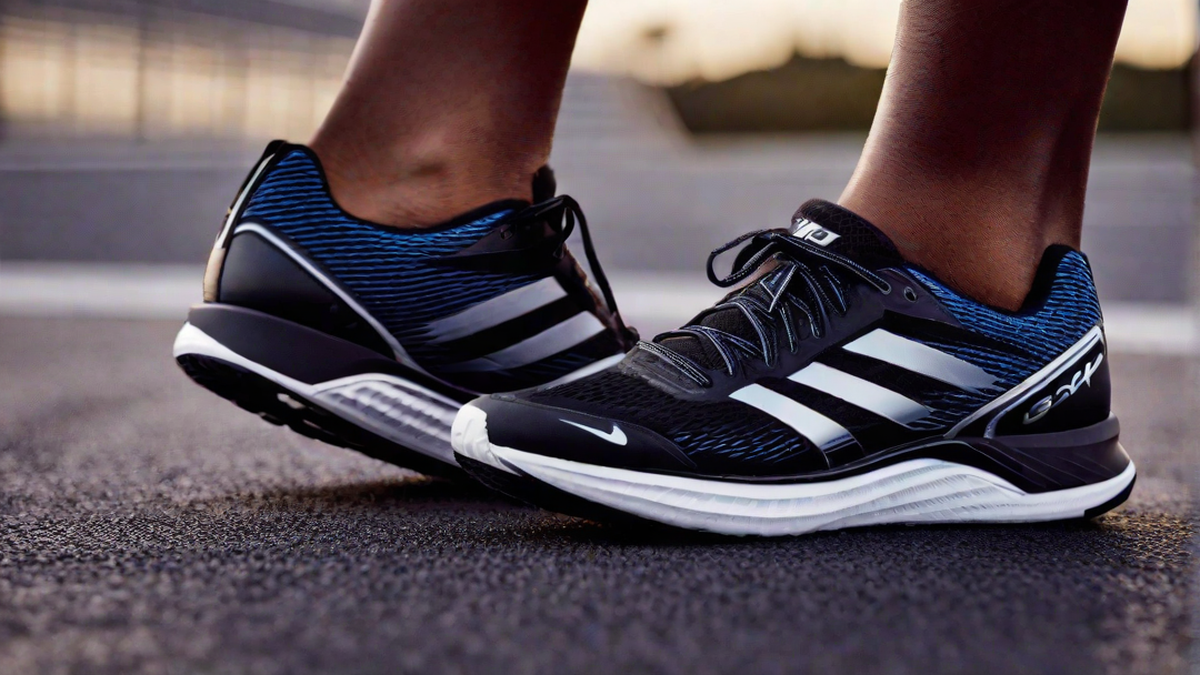When it comes to finding the perfect running shoe, there are a few key factors that I always consider. As someone who loves to hit the pavement and log miles, I’ve learned the importance of having the right shoe for my feet. A good running shoe can make all the difference in terms of comfort, support, and injury prevention.
Comfort and Fit
One of the most important aspects of a good running shoe is its comfort and fit. When I try on a new pair of running shoes, I pay close attention to how they feel on my feet. The shoe should have a snug, yet comfortable fit, without any areas that feel tight or restricting. It’s important to have enough room in the toe box to wiggle your toes, as this can prevent blisters and toenail damage.
Additionally, the shoe should provide adequate cushioning and support. This is especially important for those longer runs when your feet may start to feel fatigued. The cushioning should be responsive and provide a good amount of shock absorption, helping to reduce impact on your joints.
Stability and Support
For runners like me who overpronate or have stability issues, finding a shoe with proper support is crucial. Overpronation occurs when your foot rolls excessively inward while running, which can lead to a variety of injuries. A good running shoe should offer stability features, such as a firm midsole and supportive arch, to help correct this issue and prevent injuries.
In addition to stability, a good running shoe should also provide support for your entire foot. Look for shoes that have reinforced heel cups and secure lacing systems to keep your foot in place and minimize any unnecessary movement.
Durability
As a runner, I put my shoes through a lot of wear and tear. That’s why durability is another important factor to consider when choosing a good running shoe. The shoe should be made from high-quality materials that can withstand the demands of running on different surfaces. Look for shoes with reinforced outsoles and durable uppers that can hold up over time.
Weight
The weight of a running shoe may not seem like a big deal, but it can actually have a significant impact on your performance. Lighter shoes can help you run faster and feel more agile, especially during races or speed workouts. However, it’s important to strike a balance between weight and cushioning. A shoe that is too light may lack the necessary support and cushioning for longer runs or for runners who require more stability.
Conclusion
Choosing the right running shoe is a personal decision that depends on your individual needs and preferences. Comfort, fit, stability, support, durability, and weight are all important factors to consider when selecting a good running shoe. By taking these factors into account, you can find a shoe that will enhance your running experience and help you reach your fitness goals.

